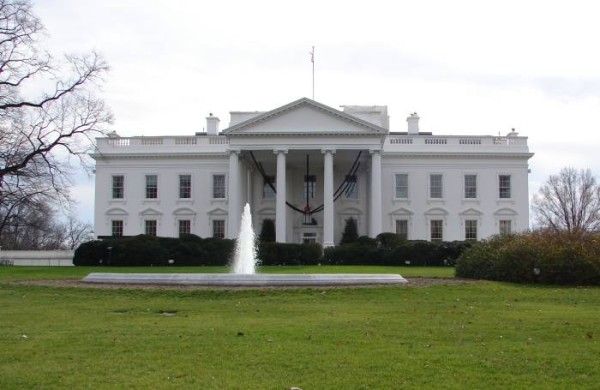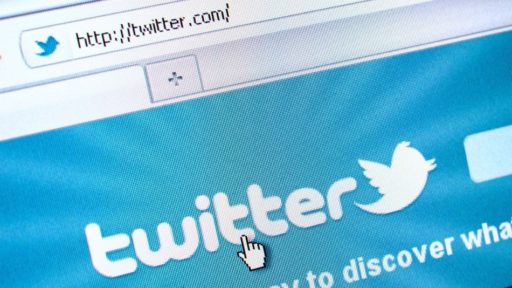The theft of intellectual property (IP) has become somewhat of a norm, thanks to the digital age that we live in. Hackers dig into the systems of major corporations and make away with blueprints of upcoming products and other trade secrets. White House has now revealed a detailed anti-IP theft strategy which takes a few shots at China.
Over the years, a number of hack attacks originating from China have attempted to steal trade secrets and intellectual property of U.S. companies. Many of the times, these attacks are successful, leaving the targeted company to incur significant losses.
A recent report from the security firm Mandiant alleged that a secret unit of Chinese military, had been launching frequent attacks on the U.S. companies over the past years. The report further cited that such level of sophistication and persistence in attacks couldn’t have been possible without state support.
Apparently, building on top of this, the White House’s strategy to counter the theft of intellectual property promises to pressure countries, put sanctions in place and take other measures if they are found involved in such illicit activities. The report also includes test cases many of which indirectly implicate China in the IP-theft racket.
For instance, one case reads, “Hong Meng was a research chemist for DuPont. He was involved in researching Organic Light Emitting Diodes (OLED). DuPont’s OLED research efforts resulted in the development of a breakthrough and proprietary chemical process for OLED displays. Mr. Meng stole trade secret compounds and passed them to a Chinese university. He was caught by the FBI and prosecuted by the U.S. Attorney’s Office for the District of Delaware and was sentenced to 14 months in federal prison. DuPont valued the loss of the trade secrets at $400 million dollars.”
The big question is, will such pressure be sufficient to persuade China in toning down its hacking attempts and perhaps dismantling the covert military unit of hackers. We shall see in time.
Courtesy: TechCrunch
[ttjad]





IP itself is the norm we should be thinking about changing or removing.
If you ever read about synchronicity, you’ll know that the same ideas turn up at the same time in people’s heads that aren’t even in the same place.
And how would humanity have ever developed a science if everything was locked up by so called “Intellectual Property”
Its like “Private Property” The word “private” comes from the latin word “privare” which is a verb that translates to “robbing” something from others. All ownership is an illusion in the end, and it stands to reason how much of this illusion we should allow and support and what is too much.
Corporations like Monsanto patenting genetic code for example is definitely too much of it, especially given that company’s goal of controlling world food production. Resistance to that is the duty of every human being.